
The Ethiopian Public Health Institute (EPHI), with technical and financial support of partners including WHO and UNICEF, conducted a measles outbreak response vaccination campaign in four outbreaks affected regions of Amhara, Gambella, Oromia and South Ethiopia. The national cumulative administrative coverage showed that a total of 1,707,039 children under ten years (from 6 months – 10 years) were vaccinated during this measles reactive campaign.
This reactive measles vaccination campaign was conducted from 28 July 2024 to 4 August 2024 in the prioritized 44 measles outbreak affected woredas aiming to stop the ongoing measles outbreaks and prevent further spread. The prioritized woredas included conflict affected woredas of Amhara Region, where the onset of the campaign was delayed as security issues lead to delivering the vaccines and supplies late after alternative arrangement had been made to transport by air.
“Measles is one of the leading causes of morbidity and mortality among children, but it is preventable by vaccination. This vaccination campaign will help to improve population immunity and it is crucial to stop the ongoing measles outbreaks occurring in many parts of the country” said Dr Owen Kaluwa, WHO Representative, Ethiopia.
The Measles and Rubella Initiative (M&RI) funded the reactive campaign through WHO and UNICEF. The M&RI is a partnership of WHO, UNICEF, the US CDC, the UN Foundation, and the American Red Cross which ensures rapid and effective outbreak response as facilitates availability of vaccines, supplies, and operational costs.
The impact of the reactive vaccination campaign in affected woredas was significant, reducing cases and deaths as evidenced by the EPI curve weekly data from July – August 2024, showing cases dropping from 200 to almost zero. The Rapid Convenience Monitoring (RCM) conducted inside and outside houses in all woredas also indicated that 96% of children were vaccinated during the measles outbreak response Supplementary Immunization Activity (SIA).
Social mobilization was intensified through different activities, including community conversation, deployment of audio-mounted vehicles to the target woredas, distribution of banners, and purchasing and distributing megaphones and dry cells to the rural woredas to accelerate the social mobilization activities in the community.
WHO provided technical expertise at the national and sub-national levels to ensure effective preparedness and quality campaigns. The technical assistance supported the micro plan development, training, implementation, data management, monitoring and evaluation.
The measles vaccination campaign integrated routine immunization for children of age below two years who missed other vaccinations.

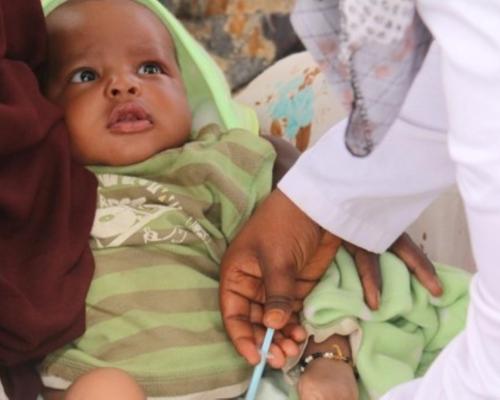
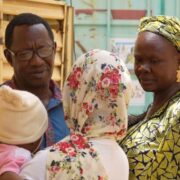
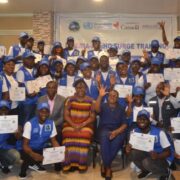
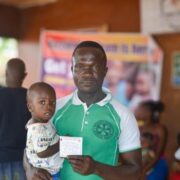
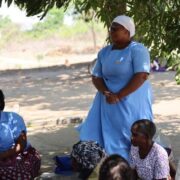

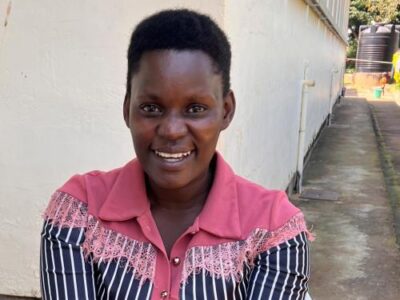
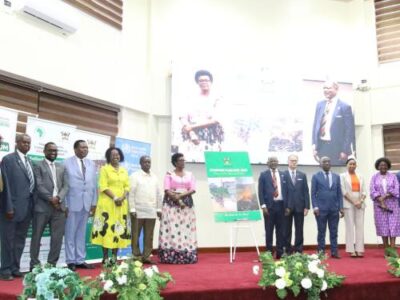
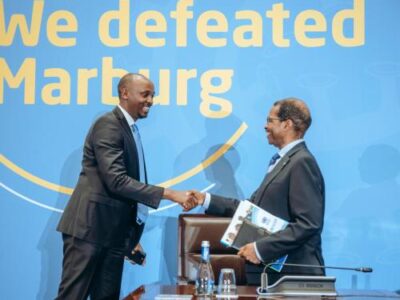

Comments